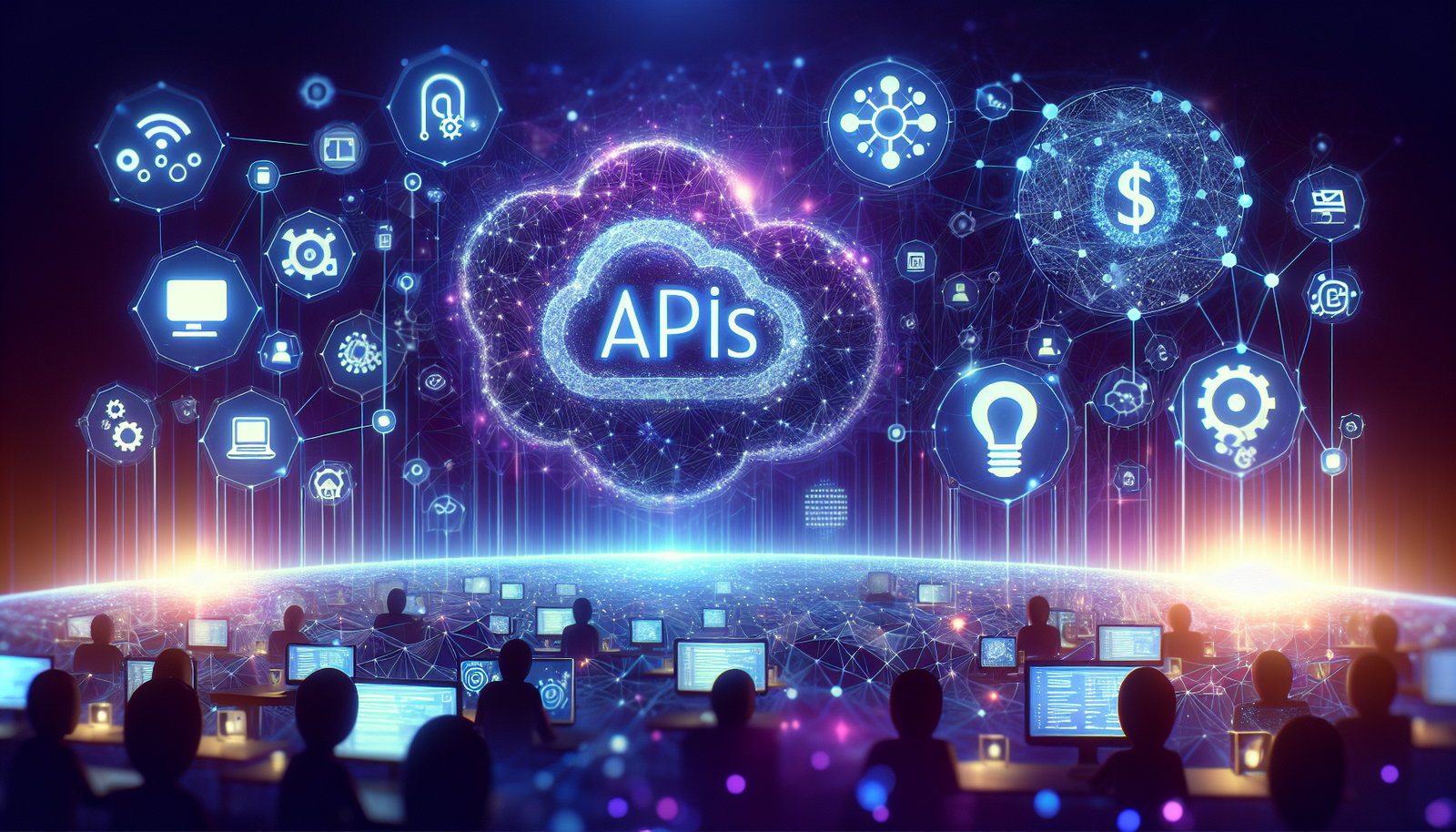The digital revolution is transforming the entrepreneurial landscape, advocating for an increased availability of technologies. Neil Sholay, an expert from Oracle, anticipates a shift in artificial intelligence into an affordable service. The emergence of APIs opens up unprecedented accessibility perspectives for businesses of all sizes. AI, once considered a technological privilege, is now part of a future where every organization can benefit from it. This business model marks a significant advancement in the integration of smart technologies within business processes. The competitive landscape imposes a rapid adaptation for companies to these new technological paradigms.
Oracle’s Strategic Vision for AI
Neil Sholay, vice president of Oracle, expresses a bold vision regarding the evolution of artificial intelligence. According to him, AI will transform into an accessible service, benefiting a wide range of businesses. This transformation revolves around the implementation of APIs (application programming interfaces) that will facilitate the integration of AI solutions into existing infrastructures.
An Automation Driven by AI
Companies must prepare for an era where automation will no longer be reserved for a few pioneers. This automation could streamline processes, thereby increasing productivity and reducing costs. Sholay notes that the integration of APIs will provide simplified access to AI capabilities, paving the way for widespread adoption.
From Prototyping to Scale
With the emergence of APIs, the prototyping and deployment of AI algorithms will become faster and less expensive. Companies will be able to iterate their ideas and swiftly move from the conceptual phase to operational solutions, without requiring significant investments. This could lead to a democratization of AI across various economic sectors.
Impact on the Workforce
The shift towards accessible AI services could redefine the workforce. Repetitive tasks will be largely automated, freeing up time for more creative and strategic activities. This evolution will also necessitate continuous learning and reskilling of employees to fully leverage the potential of new technologies.
The Ethical Challenges
Advancements in AI raise fundamental ethical questions. The need to ensure an ethical use of AI technologies becomes paramount. Oracle is committed to implementing principles of transparency and accountability in its approach to integrating AI to prevent bias and deviations. These concerns ignite a debate about the social implications of automation and AI.
An Irreversible Evolution
Neil Sholay speaks of an irreversible vision of AI as a central element in the future technological landscape. The ability to integrate AI into business processes will be crucial for the success of many companies. Continuous innovation and adaptability are essential conditions for navigating this change. This perspective prompts reflection on the economic and societal implications of this technological revolution.
A Collaborative Future
The future of AI relies on a collaborative model between businesses, researchers, and governments. Joint efforts can foster the emergence of standards and regulations that will guide the ethical development of AI. By integrating diverse feedback, the regulatory framework will be better equipped to respond to the challenges posed by this rapidly expanding technology.
Common Questions about Artificial Intelligence and APIs according to Neil Sholay (Oracle)
How will artificial intelligence become an affordable service?
Neil Sholay emphasizes that the integration of APIs allows for standardizing AI-based solutions, which reduces deployment and access costs for businesses.
What are the implications of AI as a service for SMEs?
SMEs will be able to benefit from advanced technologies without having to make massive investments in technology infrastructure. This allows them to access AI tools that only large companies could afford before.
What types of AI applications can be integrated via API?
A variety of applications can be integrated, such as data analytics, natural language processing, computer vision, and other tools specific to a company’s needs.
What role do data play in transforming AI into an affordable service?
Data is essential for training AI models. With APIs, companies can easily access quality data, significantly improving model performance.
How does Oracle’s approach differ from other companies regarding AI?
Oracle emphasizes an integrated approach that combines the power of the cloud with artificial intelligence, enabling faster deployment and ease of use, unlike some solutions that require significant investment in time and resources.
What are the ethical concerns regarding the use of APIs for AI?
Concerns include data privacy, transparency in information processing, and how algorithms can perpetuate biases. It is crucial to adopt an ethical approach to minimize these risks.
How can businesses prepare to adopt AI via APIs?
Companies should train their teams on new technologies, establish partnerships with API providers, and clearly define their usage objectives to maximize the benefits of artificial intelligence.
Are artificial intelligence APIs easily accessible for developers?
Yes, many providers, including Oracle, strive to make AI APIs accessible and easy to use, allowing developers to seamlessly integrate AI features into their applications.
What is Neil Sholay’s vision for the future of artificial intelligence as a service?
Neil Sholay envisions a democratization of artificial intelligence, where every company, regardless of size, can access advanced technologies to drive innovation and improve operations.






